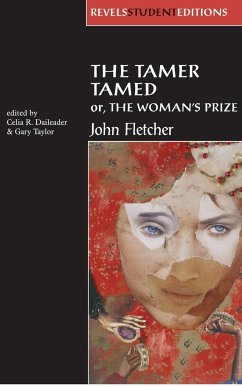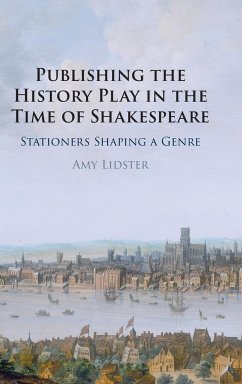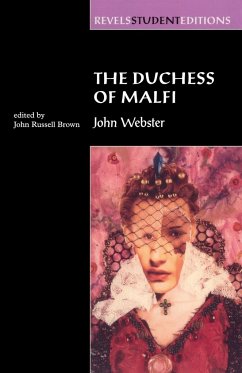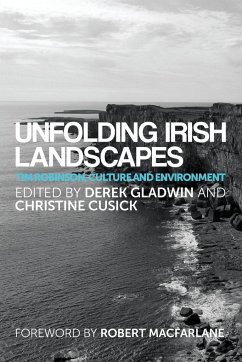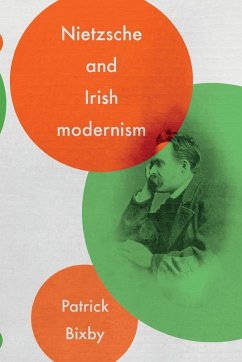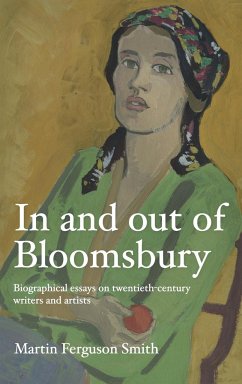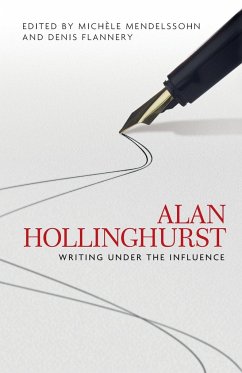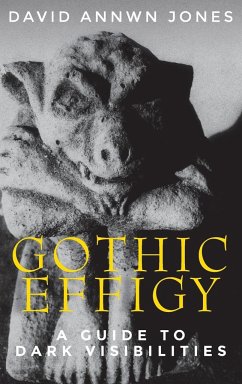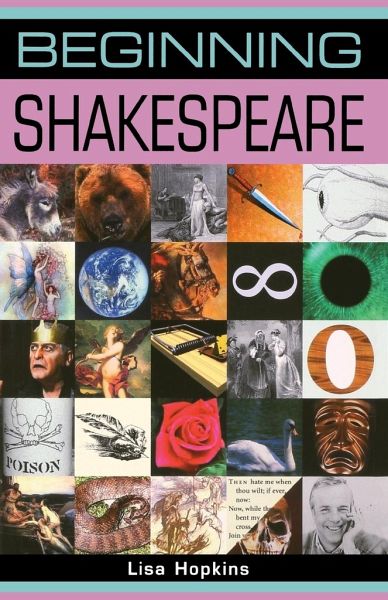
Beginning Shakespeare
Versandkostenfrei!
Versandfertig in 1-2 Wochen
17,99 €
inkl. MwSt.

PAYBACK Punkte
9 °P sammeln!
Introduces students to the study of Shakespeare and grounds their understandings of his work in theoretical discourses. By addressing what is primarily at stake in the major theoretical approaches to Shakespeare's works, the book breaks down both fears and preconceptions to offer students a map of the current critical practices of others. -- .





